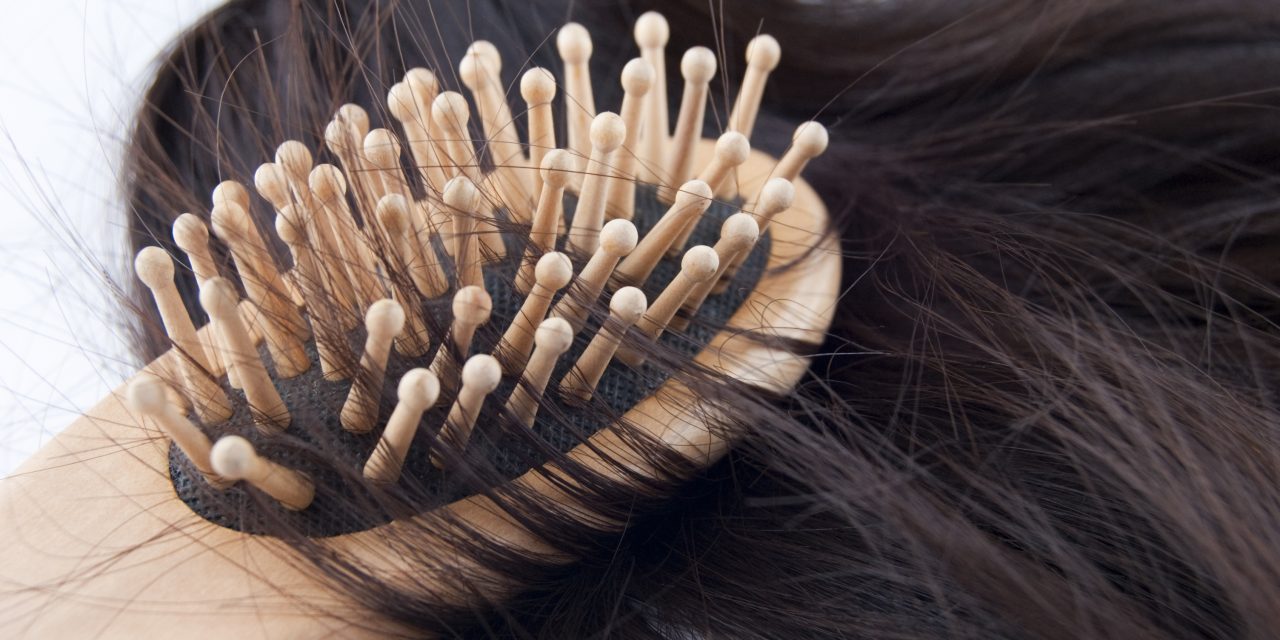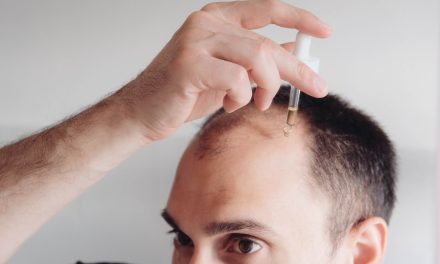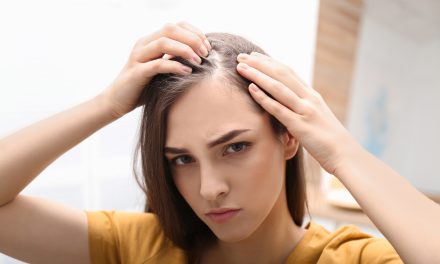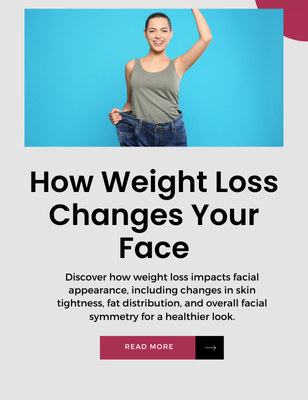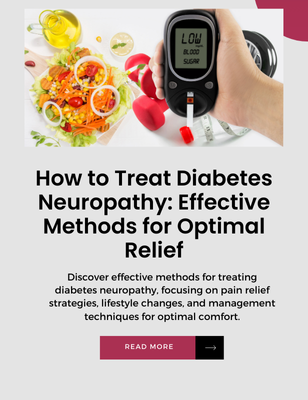Hair loss is a common concern affecting people worldwide. It can be unexpected and distressing, impacting self-esteem and daily life.
Luckily, hair loss can often be slowed down or prevented with a mix of the right treatments and lifestyle changes. While genetics play a role, understanding other factors can provide effective solutions.
Diet and lifestyle choices can make a big difference in hair health.
Proper nutrition supports hair growth, as certain vitamins and minerals are essential for strong, healthy hair. Additionally, reducing stress and protecting hair from environmental damage can help maintain hair health and prevent thinning.
Medical treatments offer targeted solutions for different types of hair loss. These treatments include medications and therapies that focus on stimulating hair growth.
Exploring these options with a healthcare professional can lead to personalized strategies that effectively address hair loss issues.
Key Takeaways
- Hair loss can be slowed or prevented with treatments and lifestyle changes.
- Proper nutrition and reduced stress contribute to hair health.
- Medical treatments offer targeted solutions for hair loss.
Understanding Hair Loss
Hair loss can result from various factors, including genetic predisposition and environmental influences. To address this issue, it’s essential to understand different types of hair loss, the hair growth cycle, and common causes.
Types of Hair Loss
Hair loss, or alopecia, occurs in several forms. Androgenetic alopecia, commonly known as pattern baldness, affects both men and women and is influenced by genetic and hormonal factors.
Telogen effluvium is a temporary condition triggered by stress, illness, or nutritional deficiencies, leading to diffuse shedding. Traction alopecia results from continuous hair pulling due to styles or accessories. Cicatricial alopecia, an autoimmune disorder, destroys hair follicles and causes permanent hair loss. Each type demands specific management strategies to address the underlying causes effectively.
Hair Growth Cycle
The hair growth cycle consists of three phases. The anagen phase is the active growth stage that lasts 2-7 years.
During the catagen phase, which lasts a few weeks, the hair follicle shrinks and detaches from the papilla. The final telogen phase lasts around 3 months, where the hair rests before shedding and new hair growth begins.
Disruptions in this cycle, often caused by stress, hormonal imbalances, or nutritional deficiencies, can lead to various hair loss conditions. Understanding this cycle can help in managing and preventing hair loss.
Common Causes of Hair Loss
Hair loss can be rooted in genetic factors, hormones, or external influences. Conditions such as androgenetic alopecia are hereditary, while others like telogen effluvium relate to physical or emotional stress.
Autoimmune diseases can target hair follicles, as seen in alopecia areata. Environmental factors, including pollution and iron deficiency, may also contribute to hair thinning.
Balancing nutrition, minimizing stress, and avoiding harsh hair treatments are crucial steps in addressing these causes. Identifying the specific triggers can aid in selecting appropriate prevention and treatment strategies.
Role of Genetics and Aging
Genetics and aging play significant roles in hair loss. Understanding their impact helps identify potential prevention and management strategies. It is crucial to recognize how these factors influence hair health and contribute to different patterns of hair loss.
Genetic Factors
Genetic predisposition significantly affects hair loss, manifesting typically as male-pattern hair loss or female-pattern hair loss. In men, this often results in a receding hairline and thinning crown, while women usually experience overall thinning. The androgen receptor gene is prominent in male-pattern hair loss, influencing hair follicle sensitivity to androgens such as testosterone.
Female-pattern hair loss is more complex, involving multiple genes. It might result from changes in hormones influenced by genetic factors. Treatments often focus on managing these genetic influences, using medications like finasteride and treatments like minoxidil to help maintain hair density and strength.
Effects of Aging on Hair Follicles
Aging affects hair follicles by slowing down cell regeneration and reducing the production of melanin, which can cause hair to gray and weaken over time. The decreased activity in hair follicles can lead to thinner hair and baldness in extreme cases.
External factors like oxidative stress also contribute to hair aging. This stress results from free radicals, which harm cells over time. Antioxidants are shown to combat some aspects of hair in aging, slowing the graying process and hair thinning. Studying the effects of aging on hair can further help in developing strategies to counteract these changes.
Nutritional Considerations for Hair Health
Maintaining healthy hair involves paying attention to essential nutrients, as deficiencies in vitamins and minerals can lead to hair loss. Including the right foods in one’s diet can help support hair growth and strength.
Vitamin and Mineral Deficiencies
Nutritional deficiencies can contribute to hair loss. In particular, a lack of iron is known to cause thinning hair. Iron is critical for transporting oxygen to hair follicles, and low levels can lead to slow-growing, brittle hair.
Zinc and selenium are important for hair growth. Zinc helps maintain sebaceous glands, while selenium regulates hormones. Vitamin D deficiency is also linked to hair loss, affecting the hair follicle cycle.
Biotin (vitamin B7) strengthens hair and nails. Low levels of vitamin A can dry out hair and scalp, while vitamin E improves blood circulation to the scalp. Including foods rich in vitamin C is important for collagen production and iron absorption, supporting hair strength.
Optimizing Diet for Hair Growth
A balanced diet plays a central role in hair health. Protein is a fundamental building block for hair, making it vital to include enough in one’s diet. Lean meats, beans, and nuts are excellent sources of protein.
Incorporating a Mediterranean diet, rich in fruits, vegetables, whole grains, and healthy fats, supports hair health. This diet offers a variety of vitamins and minerals, such as vitamins A, B, C, and E, to enhance hair strength.
Consuming leafy greens, seafood, and seeds can boost intake of essential nutrients like iron, zinc, and selenium. Ensuring a well-rounded diet with sufficient vitamins and minerals helps promote healthy hair growth and prevent deficiencies that may lead to hair issues.
Impact of Lifestyle and Environmental Factors
Lifestyle choices and environmental elements can greatly affect hair health. Factors like stress and chemical treatments can lead to hair loss if not managed carefully.
Stress and Hair Loss
Stress is a significant factor affecting hair health. When people experience stress, it can trigger conditions like telogen effluvium. This condition pushes hair follicles into a resting phase, causing hair to thin and fall out.
Stress management, through relaxation techniques and lifestyle changes, is vital. Practices such as yoga, meditation, or regular exercise can help reduce stress levels, contributing to better hair health. Managing stress can lead to noticeable improvements in hair thickness and strength, emphasizing the importance of a balanced lifestyle.
Effects of Styling and Chemical Treatments
Frequent use of harsh chemical treatments can damage hair, contributing to loss. Hair dyes and straighteners can weaken the hair shaft, making hair brittle and prone to breakage.
Protective measures, like minimizing the use of heat styling tools and chemicals, are helpful. Regularly using hair masks or conditioners can restore moisture. These changes in hair care can prevent damage. Opting for gentle products and alternate hairstyles that put less strain on the hair further preserves its integrity and promotes healthy growth.
Medical Treatments and Interventions
Preventing hair loss and promoting regrowth often involves medical treatments. Some of these treatments are well-established, while others are emerging with promising results.
Proven Medications for Hair Regrowth
The use of certain medications is one of the most common approaches to treating hair loss.
Minoxidil, commonly known as Rogaine, is a topical treatment that encourages hair regrowth and slows balding. It is easily available and often recommended by dermatologists.
For those looking for an oral option, minoxidil can also be taken in pill form under a doctor’s supervision.
Another option is Finasteride, also known as Propecia, a prescription medication that reduces levels of a hormone linked to hair loss. Spironolactone is another prescription that may be used to treat female pattern hair loss by blocking certain hormones responsible for hair shedding.
Surgical Options for Hair Restoration
Surgical options are ideal for those seeking a more permanent solution.
Hair transplant surgery involves moving hair follicles from a denser area of the scalp to a balding section. This technique often yields natural-looking results.
Hair transplant procedures have become more advanced, reflecting ongoing improvements in hair restoration. Candidates for surgery should consult with a skilled dermatologist or surgeon. Meanwhile, scalp massages are sometimes recommended post-surgery to enhance outcomes.
Emerging Therapies
New therapies are developing in the field of hair restoration.
Low-level laser light therapy is a non-invasive option claiming to stimulate cellular activity in hair follicles, leading to growth. Devices are available for use at home or in clinics.
Platelet-rich plasma (PRP) treatments involve injecting a patient’s own platelets into their scalp, potentially encouraging hair growth. Still under study, PRP is gaining attention for its potential benefits. Some people also explore light therapy to support regrowth, especially after hair loss due to conditions like chemotherapy, although outcomes can vary significantly.
Alternative and Supportive Therapies
Exploring different methods can help in managing hair loss effectively. Natural remedies and oils, as well as supplements and herbal treatments, offer options that can be used alongside traditional medical treatments.
Natural Remedies and Oils
Many individuals turn to oils like coconut oil, olive oil, lavender oil, and tea tree oil for their potential benefits in hair care.
Coconut oil is known for its ability to penetrate the hair shaft, reducing protein loss. Olive oil helps by moisturizing the scalp and strands, potentially reducing breakage.
Lavender oil, with its calming scent, may improve hair growth by increasing circulation. It is sometimes combined with tea tree oil for its antibacterial properties, which can promote a healthy scalp environment that is less prone to dandruff.
Pumpkin seed oil is another noteworthy option. Used topically or ingested, it may contribute to improved hair density and thickness. It’s often chosen for its rich nutrient content.
Supplements and Herbal Treatments
Supplements containing saw palmetto are popular for those dealing with androgenetic alopecia. This herbal supplement is known for blocking the conversion of testosterone, which may help slow hair loss.
Ginseng is another herbal remedy that is believed to stimulate hair growth by encouraging blood flow to the scalp. A multivitamin can also support overall hair health by providing essential nutrients such as vitamins A, C, D, and E, as well as iron and zinc.
Consistency is key with these treatments. Regular use and proper dosage are important to potentially see benefits over time.
Developing a Healthy Hair Care Routine
A healthy hair care routine involves specific steps such as proper washing and conditioning, along with protecting hair from damage. These practices can enhance hair health, help prevent hair loss, and promote hair regrowth.
Washing and Conditioning
Proper washing is key to maintaining hair health. Individuals should use a gentle shampoo suitable for their hair type. Washing should occur two to three times per week to avoid stripping hair of natural oils.
Conditioners play a crucial role in a hair care routine. They help keep the hair moisturized and reduce breakage.
It is important to apply conditioner primarily to the ends of the hair, avoiding the scalp to prevent excess oil.
Dietary changes can also impact hair washing frequency. Using lukewarm water instead of hot water can help in keeping the scalp healthy by reducing dryness and irritation.
Protecting Hair from Damage
Protecting hair from damage involves being cautious about styling tools. Using hair dryers on a low heat setting or air drying can prevent heat damage. Excessive heat can weaken hair, leading to breakage.
Tight hairstyles such as braids should be avoided or loosened to reduce strain on the hair follicles. These hairstyles can contribute to hair loss over time.
Additionally, regular trims are beneficial. They help maintain hair health by removing split ends. Using protective hair products such as serums or oils can also guard against environmental factors that can harm hair.
Hair Loss in Women
Hair loss in women often relates to hormonal changes, such as pregnancy or menopause. These changes can alter hair density and growth cycles.
Conditions like polycystic ovary syndrome (PCOS) may also contribute to this issue.
Dermatologists often recommend a thorough assessment to pinpoint underlying health conditions. Treatments can include topical solutions like minoxidil, which enhances hair follicles, and oral medications to balance hormone levels.
Lifestyle changes may help, too. A balanced diet with vitamins and minerals supports hair health, while stress reduction techniques ensure overall well-being.
Coping with Alopecia Areata
Alopecia areata is an autoimmune disorder where the immune system targets hair follicles, leading to hair loss in patches. While the cause isn’t entirely clear, genetic factors may play a role.
Management often involves corticosteroid injections to reduce inflammation and promote hair regrowth. For longer-term treatment, immunotherapy can be used to stimulate response in affected areas.
Individuals may also benefit from support groups and counseling. Addressing the emotional impact of this condition is crucial.
Exploring cosmetic options, such as wigs or head coverings, can offer additional confidence and comfort.
Dealing with Telogen Effluvium
Telogen effluvium is characterized by the rapid shedding of hair, often triggered by stress or trauma. It affects the hair growth cycle, shifting large numbers of hairs into the shedding phase.
Early diagnosis and identifying triggering factors are key to management. Once factors like stress or illness are resolved, hair typically regrows within months without extensive treatment.
During recovery, patients are advised to use gentle hair care products and avoid excessive styling.
Nutritional support, including supplements with biotin and iron, can assist in restoring hair health and density.
Frequently Asked Questions
Hair loss prevention involves various treatments and lifestyle adjustments. Effective treatments, natural remedies, and proper nutrition play crucial roles. Understanding specific factors can help both men and women manage hair fall better.
What are effective treatments for hair fall in women?
Women can consider topical treatments like minoxidil for promoting hair regrowth. Prescription medications may also be available and should be discussed with a healthcare provider.
Hair care habits, such as avoiding excessive heat and chemical treatments, are important as well.
Are there natural ways to regrow hair and prevent further loss?
Natural remedies like rosemary oil and aloe vera are often used for their soothing and nourishing properties. Maintaining a balanced diet rich in proteins, vitamins, and minerals is essential.
Reducing stress through activities like yoga may also aid in preventing hair loss.
What strategies can men employ to combat hair loss?
Men have options such as finasteride, which may inhibit certain hormones linked to hair loss. Using gentle hair products and avoiding tight hairstyles can prevent further damage.
Consulting with a dermatologist can help tailor an effective approach.
What immediate actions can one take to stop hair fall?
Reducing the use of heat styling tools and practicing gentle hair handling can help reduce breakage. Incorporating a nutrient-rich diet and staying hydrated supports hair health.
If hair loss is sudden or severe, seeking medical advice quickly is advisable.
What vitamins and supplements support hair health and prevent loss?
Vitamins such as biotin, vitamin D, and zinc play significant roles in maintaining healthy hair. Omega-3 fatty acids and iron are also crucial.
Supplements should be taken cautiously and preferably under the supervision of healthcare professionals.
How does weight loss contribute to hair loss and how can it be addressed?
Rapid weight loss can lead to nutrient deficiencies, affecting hair growth.
It is important to ensure a balanced diet even when shedding pounds.
Consulting a nutritionist can help maintain hair health while pursuing weight loss goals.

